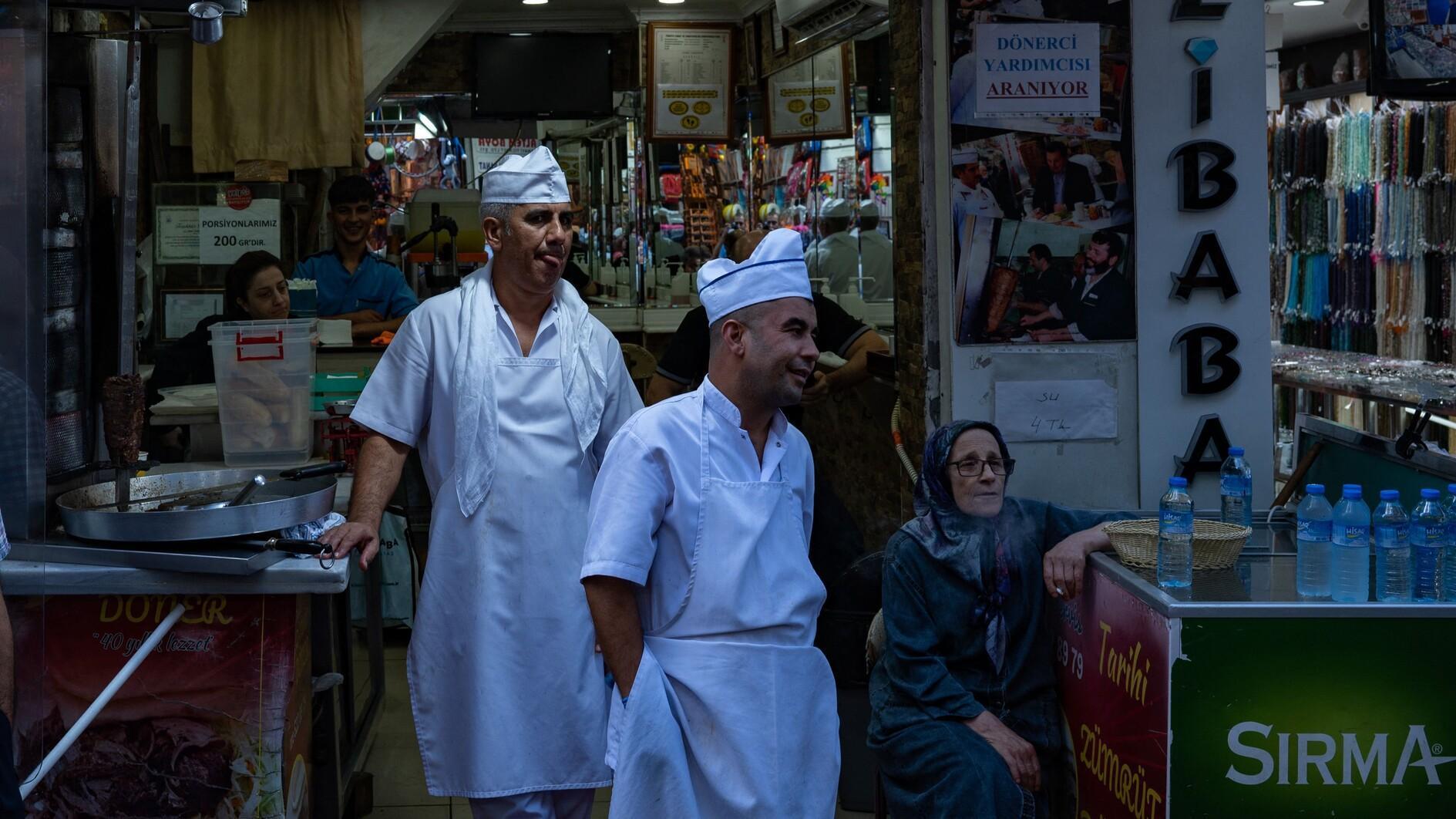Consumers cutting back spending on restaurants
ISTANBUL

Consumers are cutting back spending on dining out or are opting for more budget-friendly restaurant options, says Kaya Demirer, the president of the Tourism Restaurant Investors and Gastronomy Enterprises Association (TURYİD).
High prices charged at restaurants and cafes have been a hotly debated issue among consumers for some time as rampant inflation eats into people’s purchasing power.
In the face of the growing criticism, restaurateurs say their costs have been rising steeply, forcing them to increase prices.
“Over the past five years, our costs have risen 900 percent. The prices of meat, milk, food and drink, which are widely used by restaurants, have increased around 700 percent, while the increase in the minimum wage is 600 percent,” Demirer said.
Their revenues, however, have not increased enough to catch up with the rising costs, he added.
“Consumers’ eating habits are changing. Those who used to go to luxury restaurants are now dining at restaurants in the lower segment. They are ordering fewer dishes,” Demirer explained.
Restaurants are drawing fewer consumers, and revenues of businesses are declining, according to Demirer.
A call to boycott restaurants and cafes did not have an impact but angered business owners, Demirer said, adding that there is no denying that some establishments exploit the economic situation to make a profit.
He said that when people lose track of prices, their confidence diminishes.
The cost of eating out in Istanbul rose 97 percent in April from a year ago, according to the latest data from the Istanbul Chamber of Commerce (İTO). The annual increase in retail prices in the city was 78.8 percent.
Meals out at Istanbul’s restaurants cost consumers 6.4 percent more in April compared to the previous month.
Last month, social media users made a call to boycott restaurants and cafes, accusing business owners of exploiting the economic situation and inflation as an excuse to set exorbitant prices.
The call for protest was triggered by a report that a bakery in Istanbul sells a single cookie for 110 Turkish Liras, while many people expressed outrage at paying up to 300 liras for a single meal portion.
On top of that, eateries are now adding what they call “service charges” to the bills without visibly displaying them on price lists, which also drew criticism from consumers.
Meanwhile, a regulation that came into force in January mandates the visible display of price lists at the entrances and tables of restaurants, cafes and bakeries. Since then, authorities have intensified their inspections to see if those businesses comply with the regulation.
















